Puppy’s First Wellness Visit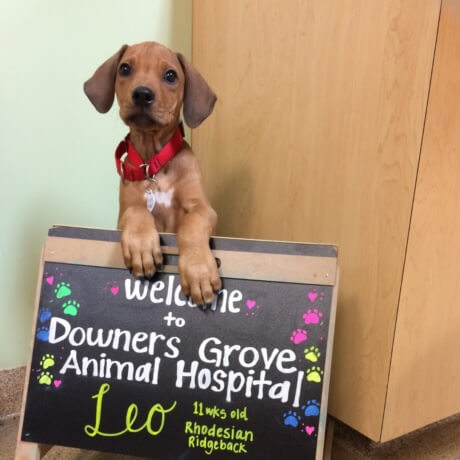
A veterinarian should perform a thorough physical examination within 48 hours of purchase or adoption. Immunizations might include Distemper, Hepatitis, Leptospirosis, Parvovirus, Rabies, Influenza, and Bordetella. A series of vaccinations is required to build immunity. Your puppy must be 6-8 weeks of age before this series of immunizations is started. However, after vaccination, he may be sore for the rest of the day. If so, place him in a warm room, offer food and water, and let him sleep. Do not give aspirin, ibuprofen, or Tylenol. These human medications can be fatal.
Read more about puppy’s first wellness visit.
|
Training Your Puppy
Puppies are extremely impressionable. How you train, play, and behave around your puppy will have long lasting effects. The training and socialization that he receives in his first 14 weeks will impact him for the rest of his life. You can make him a better pet and prevent many behavior problems by following a few guidelines.
Read more about training your puppy.
|
Post-Natal Care for Puppies
Very little care is required of the owner for puppies during the first few weeks after birth. Instinct causes the mother to provide for most needs of her offspring. The best advice is to leave the new family alone as much as possible. Simply watch for anything you feel might be abnormal. Ensure that the puppies are nursed within the first six (6) hours following birth. This provides antibodies that the puppies need to fight disease for the first 6-8 weeks of life. These antibodies are only absorbed during the first few hours after birth.
Read more about post-natal care for puppies.
|
 Dogs Health: Post-Natal Care Dogs Health: Post-Natal Care
Pregnancy and nursing are major stressors to your pet. We recommend a post-birth physical examination and any necessary treatment within 24 hours of delivery. We will be happy to answer any questions you may have at that time.
Read more about post-natal care for nursing moms.
|
 Parvovirus Parvovirus
Canine Parvovirus is a viral disease of dogs. Parvovirus is capable of causing two different sets of clinical problems. The first to be recognized, and most common, is the intestinal form. This form is manifested by diarrhea (often bloody), vomiting, loss of appetite, depression, fever, and sometimes death. The second syndrome, the cardiac form, occurs in very young puppies and presents with acute inflammation of the heart muscle.
Any age, breed or sex of dog can be infected with Parvovirus. However, infection does not always cause illness. Several factors affects the severity of illness. This includes age, environment, stress, parasite burden, and general health status. The degree of infection could range from unapparent to very severe, often resulting in death. This disease is usually more severe in young dogs (less than 6 months of age).
Read more about Parvovirus.
|
 Infectious Bronchitis “Kennel Cough” Infectious Bronchitis “Kennel Cough”
Dogs cough for many reasons. Many pets develop a harsh, deep cough after changes in the environment. This may be associated with time away from home, weather changes, boarding, visits to the dog park, or even a visit to the groomer.
Read more about Infectious Bronchitis.
|
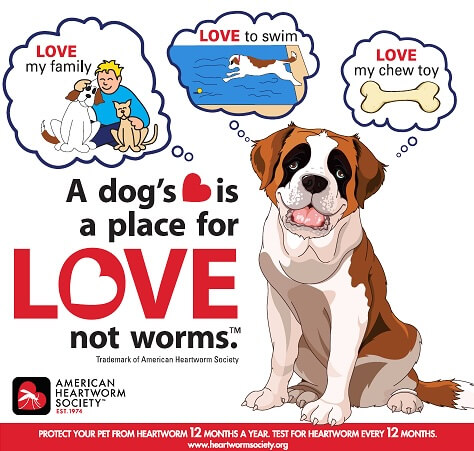 Dogs Health: Heartworm Facts Dogs Health: Heartworm Facts
- Adult Heartworms live in the right side of the heart.
- They are 6-14 inches long, and several hundred may be present in an infected dog!
- Heartworms impair blood circulation, resulting in damage to the heart, lungs, liver, and kidneys. Serious damage may occur, before outward clinical signs are present.
- Advanced signs of heartworm disease include difficulty breathing, coughing, tiring easily, exercise intolerance, listlessness, loss of weight, and syncope (fainting).
- Heartworms are found in all 50 states.
Read more about Heartworm Facts
|
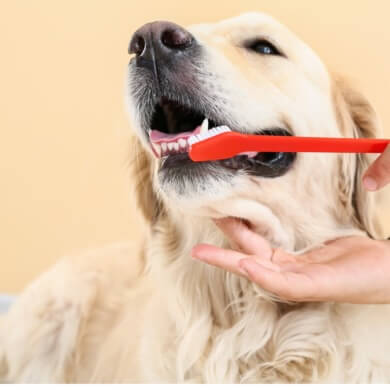 Dogs Health: Dental Hygiene Dogs Health: Dental Hygiene
Most dental problems are serious enough to be seen by a veterinarian, (and almost all teeth lost), are the result of periodontal disease. This is by far the most common cause of “bad breath”, and affects 80- 85% of dogs and cats over the age of 3. In advanced cases, periodontal disease results in infected, foul-smelling, loosened teeth; with massive, unsightly accumulation of tartar. This can be a painful disease that may even cause signs such as drooling, diarrhea, vomiting and irritability.
Read more about dental hygiene for dogs.
|
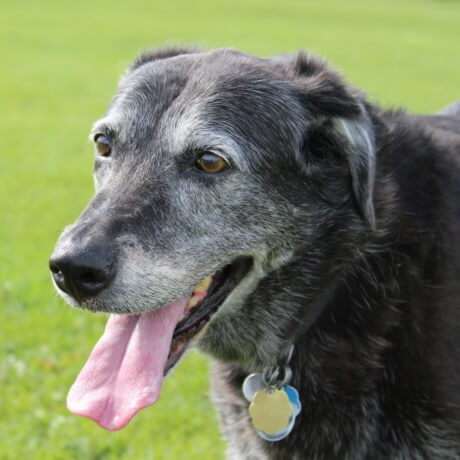 Managing Your Senior Dogs Health Managing Your Senior Dogs Health
Optimum health care can add years to your dog’s life as well as substantially decrease your cost of treating medical problems associated with aging. We would generally make the following recommendations:
Comprehensive Physical Examinations:
Since pets age 5-7 times faster than humans. It is estimated that one yearly physical examination for a pet is equivalent to one exam every 5-7 years in humans. This exam should include a very detailed medical history along with a “nose to tail” physical examination. In later years, a comprehensive physical examination should be performed at least every 6 months. This is in addition to what may be required for any specific medical problems present.
Laboratory Screening for Diseases:
Many medical problems can be diagnosed through diagnostic testing long before clinical signs of disease become evident. Specific recommendations for your dog may include:
- Heartworm Testing
- Urinalysis
- Complete Blood Counts
- Internal Parasite Examination
- Blood Chemistry Screening
- Thyroid Screening
Read more about your senior dogs health.
|

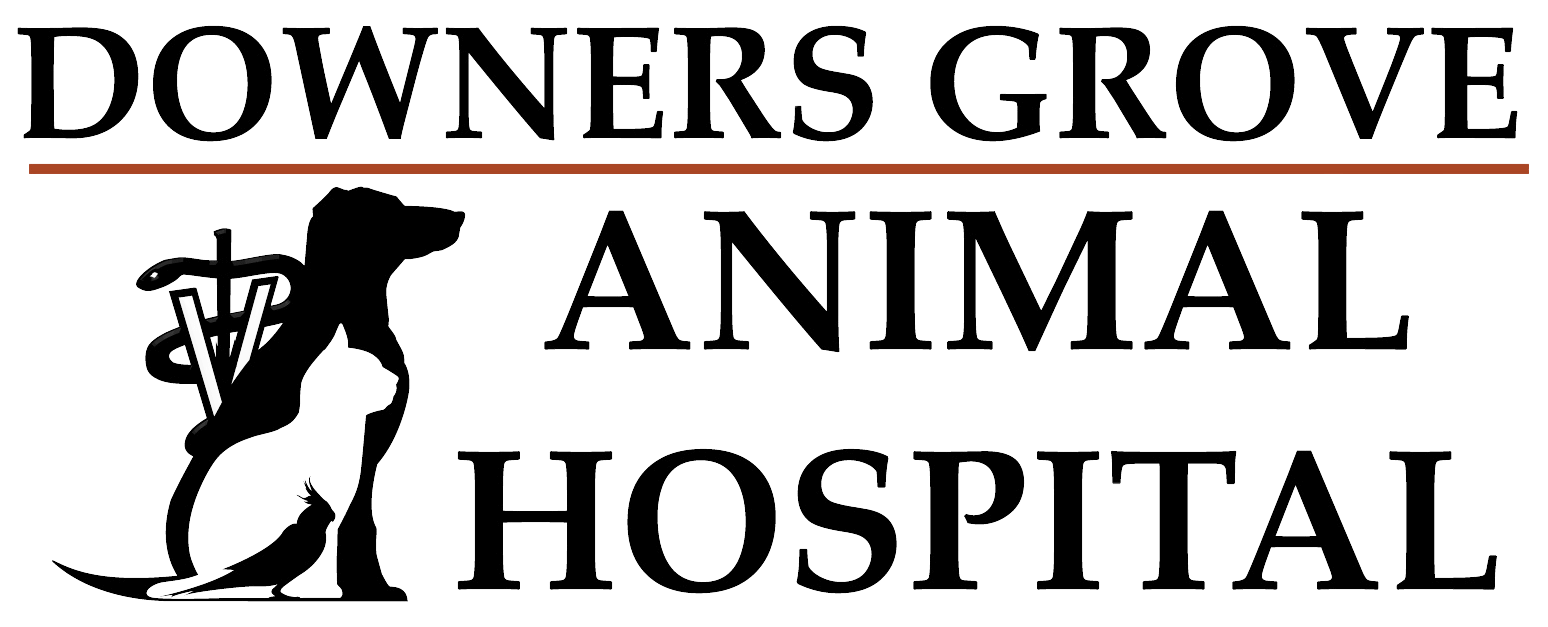



 Dogs Health: Post-Natal Care
Dogs Health: Post-Natal Care Parvovirus
Parvovirus Infectious Bronchitis “Kennel Cough”
Infectious Bronchitis “Kennel Cough” Dogs Health: Heartworm Facts
Dogs Health: Heartworm Facts Dogs Health: Dental Hygiene
Dogs Health: Dental Hygiene Managing Your Senior Dogs Health
Managing Your Senior Dogs Health